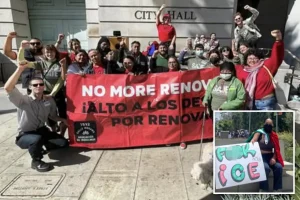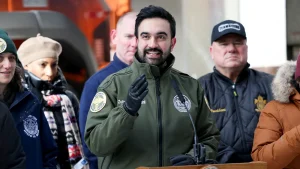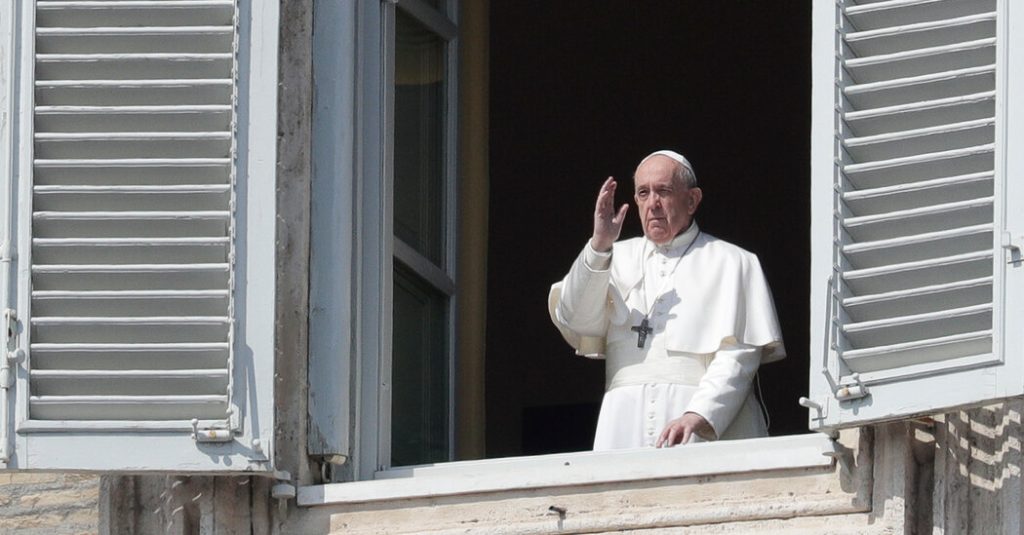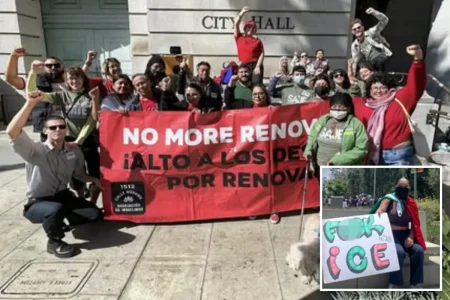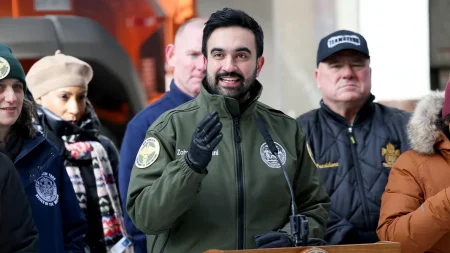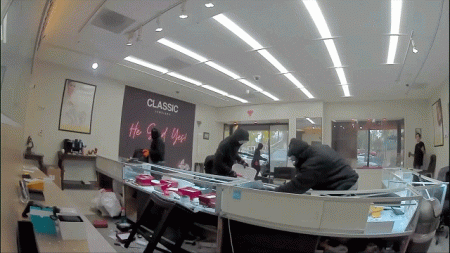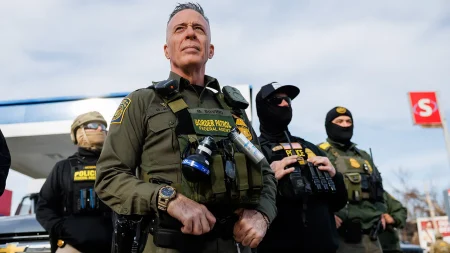Pope Francis’ new autobiography, Hope: The Autobiography, offers readers an intimate look into the life and reflections of one of the most intriguing figures of our time. It’s a book rich in anecdotal storytelling that connects his upbringing, personal encounters, and his global worldview as both a spiritual leader and a social thinker. At 320 pages, it delves into numerous pressing topics — climate change, poverty, war, immigration, and more — while tying these to events and influences from Pope Francis’ own life. Published in 18 languages and billed as “the first memoir by a sitting pope,” it is both a personal narrative and a reflection on the broader human condition.
But let’s start where Pope Francis begins: his own entrance into the world. In the opening pages, he humorously recounts his delayed birth, joking that — for someone who now deeply values punctuality — arriving a week late was an ironic start. His mother’s labor required dramatic intervention, including a doctor applying pressure to her abdomen to coax him into the world. “And so it was that I came into the world,” he writes with a touch of humor. This storytelling tone continues throughout the book, as the Pope shares both lighthearted and poignant insights with readers.
Francis is no stranger to writing or collaboration, and this autobiography adds to his ever-expanding library. Before becoming Pope, he participated in a biography written by Argentine journalist Sergio Rubin, and as pontiff, he authored Let Us Dream, a book crafted during the pandemic in collaboration with biographer Austen Ivereigh. In Hope, however, the approach is unique: it’s an explicitly personal account crafted with the Italian editor Carlo Musso, who described the endeavor as more universal than self-focused. “I don’t think he wanted an autobiography to talk about himself,” Musso said. “But to use his memories, his stories, to speak of everyone and to everyone.”
The autobiography was initially planned for posthumous release, but Pope Francis decided instead to publish it in time for the 2025 Jubilee, the Catholic Church’s Holy Year, which takes place every 25 years. Written in secret over the course of six years, the book stirred excitement upon its announcement at the 2022 Frankfurt Book Fair. While previous popes have also written about their lives or shared memoir-like reflections, Hope stands out for its blending of personal anecdotes with larger lessons about human dignity, faith, and societal struggles.
One of the most compelling aspects of the book is its vivid recreation of Pope Francis’ childhood in Buenos Aires. Born Jorge Mario Bergoglio, he grew up in a bustling immigrant neighborhood that shaped many of his values. The son of Italian immigrants, his early experiences with diverse communities of migrant families planted the seeds for his lifelong advocacy for refugees and displaced people. His abhorrence of war also finds roots in family stories, particularly those told by his grandfather about the horrors of World War I. These recollections emphasize the absurdity and pain of conflict, essential threads in shaping Pope Francis’ commitment to global peace. As he writes succinctly in Hope: “Anyone who makes war is evil. God is peace.”
The book also explores his intellectual horizons, which were expanded by people he met before entering the seminary. One such influence was a left-leaning biomedical pharmaceutical researcher who taught him the importance of independent political thought. These formative encounters helped establish his moral compass and sense of mission, which he carried forward into public ministry and later the papacy.
For fans of personal anecdotes, Hope is a treasure trove. Francis recounts charming and unexpected moments, such as his time as a young teacher of creative writing, when his students nicknamed him “Carucha” or “Babyface.” He also describes assisting Jorge Luis Borges, the famous Argentine author, who was nearly blind, with shaving. Borges, he notes, was an agnostic who still said the Lord’s Prayer every evening out of respect for a promise to his mother — a paradox that fascinated the future pope.
The autobiography does differ in tone and focus depending on the phases of Francis’ life. Critics, such as Austen Ivereigh himself, point out that while the childhood chapters are rich with vivid detail and lesser-known stories, the coverage of his later years, particularly his papal tenure, feels more like a retelling of familiar ground. For example, Francis briefly addresses the reform of the Roman Curia, acknowledging it as one of his most challenging endeavors, but offers few new details about the internal resistance or political struggles involved.
To Francis’ biographers and Vatican observers, this is both a strength and a limitation. On one hand, groundbreaking insights into his Vatican years are sparse. On the other, the book’s value lies less in groundbreaking news and more in its fleshing out of the humanity of the Pope — his warmth, humor, and humility come to life especially in these reflections from his younger years.
A notable, and perhaps sensationalized, snippet comes from Francis’ discussion of his 2021 visit to Iraq, where he claims to have survived two foiled assassination attempts. This revelation has been met with skepticism, with the former governor of Nineveh publicly disputing that any such incidents occurred. However, such moments underscore the high stakes of his global missions as a bridge-builder and advocate for peace in volatile regions.
The narrative isn’t without its critics. Gian Maria Vian, former editor-in-chief of the Vatican’s L’Osservatore Romano, appreciated the personal details but noted the book sometimes veers into overly idealistic portrayals, viewing Francis’ life and achievements through “rose-tinted glasses.” Still, for many fans, the book succeeds in providing a lens into the Pope’s journey, full of heart and a sense of purpose.
Ultimately, Hope feels more like an evangelizing tool than a traditional autobiography. Through stories of personal growth, hardship, and moral questioning, Pope Francis seeks to connect with readers of all faiths and backgrounds. Perhaps that’s why he chose the title Hope. It’s fitting for a leader who repeatedly emphasizes that dialogue, openness, and understanding are essential to countering the divisions that plague the modern world. Even after decades of leadership and a papacy fraught with challenges, Francis remains ever-hopeful for humanity’s potential to grow toward greater solidarity and compassion.
The publication of Hope: The Autobiography will no doubt add to the many layers of Pope Francis’ already well-documented life. For Roman Catholics and others who have followed his journey from the Buenos Aires barrio to the Vatican, the book is an opportunity to hear directly from the man himself. More than an exercise in self-reflection, it’s a call to action for readers to examine their own lives — their relationships, beliefs, and the ways they can contribute to a better world.

